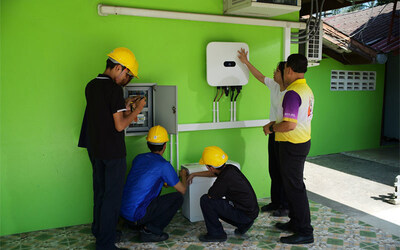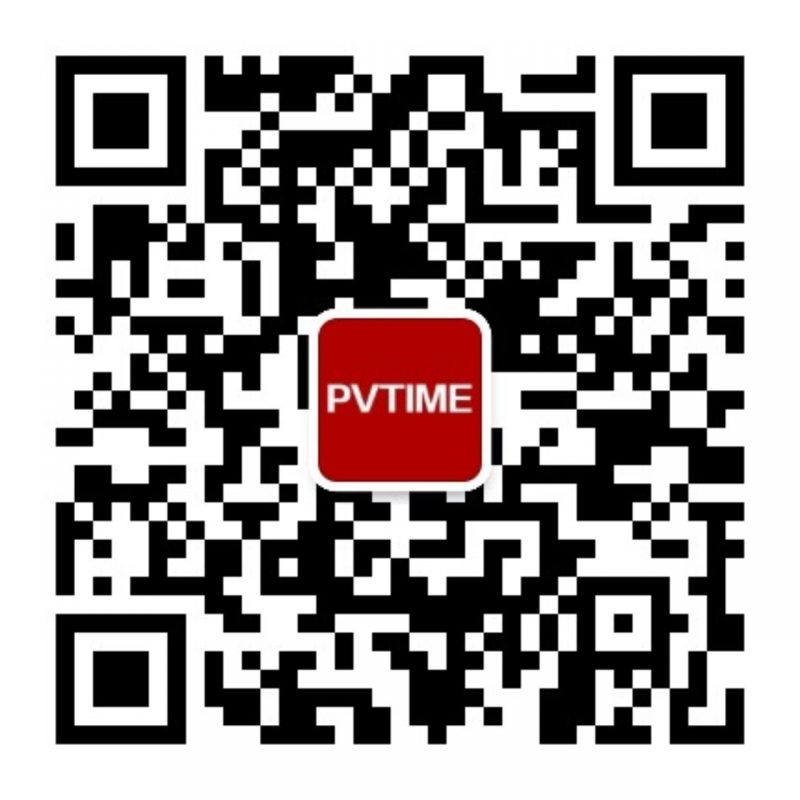PVTIME – Huawei, JA Solar, UNESCO, and Thailand’s Ministry of Education have officially launched the Green Education Project in Thailand, aiming to develop a new generation of green-skilled and digitally empowered learners.

Running under Huawei’s TECH4ALL initiative, the project will bring clean energy solutions and training in Information and Communications Technology (ICT) skills to 11 Thai schools and community hubs.
A newly installed solar-powered rooftop for Banna District Learning Encouragement Center, which is one of the first two project beneficiaries, marked the official launch of the project on December 3 in Nakhon Nayok.
“The Green Education Project is more than a CSR project—it’s a long-term investment in Thailand’s youth and future,” said David Li, CEO of Huawei Thailand. “By combining clean energy solutions with hands-on education, we aim to create a model for sustainable growth and inclusion.”
By equipping schools and communities with renewable energy systems and fostering technical skills, the project aims to help address key challenges in education and energy in Thailand, particularly in underserved rural areas. It is also part of a broader national drive for green innovation.
The first two project beneficiaries will deliver a range of digital and technical skills for local communities in the field of green energy and sustainability.
- Banna District Learning Encouragement Center is a community hub in Nakhon Nayok. It will provide free training in green energy and digital literacy, aiming to bridge the skills gap in underserved regions.
- Kanchanapisek Vocational Training College in Nong Chok will use donated PV systems to teach students installation, maintenance, and operations, providing valuable technical skills for future employment.
The potential of Thailand’s Green Education Project has been well-received by local schools and teachers.
“This project is a powerful example of how collaboration between global companies and local schools can create meaningful change. The donated solar equipment will provide our students with hands-on experience in installing and maintaining renewable energy systems, which will give them a competitive edge in the job market,” said Tisakorn Klinbooppha, Director of Banna District Learning Encouragement Center.
Three pillars guide the Green Education Project:
- Green Schools for Secondary Education will install rooftop solar systems in secondary schools and provide training for teachers and students on the benefits and operation of green energy.
- Green Schools for Vocational Education aims to empower students at technical and vocational institutions to work hands-on with photovoltaic systems, preparing them for careers in the booming renewable energy sector.
- Green Communities will support public libraries and learning encouragement centers with renewable energy and mobile digital education programs, including training in green energy and cybersecurity via Huawei’s Digital Bus.
The Huawei Digital Bus has already provided free training on green energy, cybercrime awareness, and telecommunications for students in Nakhon Nayok. To date, the bus has toured 10 remote provinces in Thailand, providing 4,500 students with the knowledge and skills to help drive a sustainable future.
Thailand’s push to adopt renewable energy aligns with the government’s efforts to modernize education and equip students with future-ready skills. As part of this, TECH4ALL project partner JA Solar is committed to supporting Thailand’s energy transition, empowering students with practical knowledge, and making a lasting difference in communities.
Moving forward, Huawei, JA Solar, and partners will expand the project’s reach, inviting more organizations to join the mission of empowering the next generation with the skills and tools to create a sustainable Thai society.

Scan the QR code to follow PVTIME official account on Wechat for latest news on PV+ES










